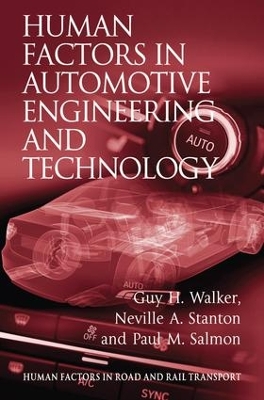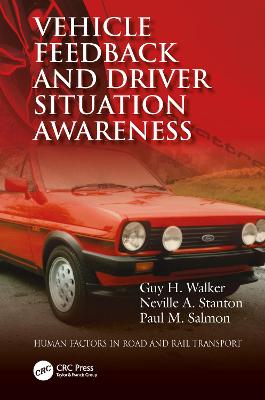Human Factors in Road and Rail Transport
3 total works
Human Factors in Automotive Engineering and Technology
by Paul M. Salmon, Guy H. Walker, and Professor Neville A. Stanton
It has long been accepted that the social and cultural meanings of the car far exceed the practical need for mobility. This book marks the first attempt to contribute to road safety, considering, in depth, these meanings and the cultures of driving that are shaped by them.
In the Company of Cars examines the perspectives that young people have on cars, and explores the broader social and cultural meanings of the car, the potential it is supposed to fulfil, and the anticipated benefits it offers to young drivers.
From focus-group research conducted in Australia, the book takes up the views of young people on a range of topics, from media to car use to gender performance. The author looks at the ways in which driving has been defined by articulations of the car that emphasize valued features of the car-driver, such as gender, youthfulness, status, age, power, raciness, sexiness, ruggedness and competitiveness. The book takes a global perspective on mobility, considering the impact of cars and road safety policy on quality of life, and the value and significance of other modes of travel, in a range of countries.
Vehicle Feedback and Driver Situation Awareness
by Guy H. Walker, Neville A. Stanton, and Paul M. Salmon
A potentially troubling aspect of modern vehicle design - some would argue - is a trend towards isolating the driver and reducing vehicle feedback, usually in the name of comfort and refinement but increasingly because of automation. There can be little doubt cars have become more civilised over the years yet, despite this, the consequences on driver behaviour remain to a large extent anecdotal. Readers of this book will have heard such anecdotes for themselves. They usually take the form of drivers of a certain age recalling their first cars from the 1970's or 80's, in which "doing 70mph really felt like it." The question is whether such anecdotes actually reflect a bigger, more significant issue that could be better understood? Related questions have been explored in other domains such as aviation, where the change to 'fly-by-wire', for example, did indeed bring about some occasionally serious performance issues which were not anticipated. Despite some clear parallels automotive systems have been left relatively unexamined. The research described in this monograph aims to explore precisely these issues from a Human Factors perspective.


